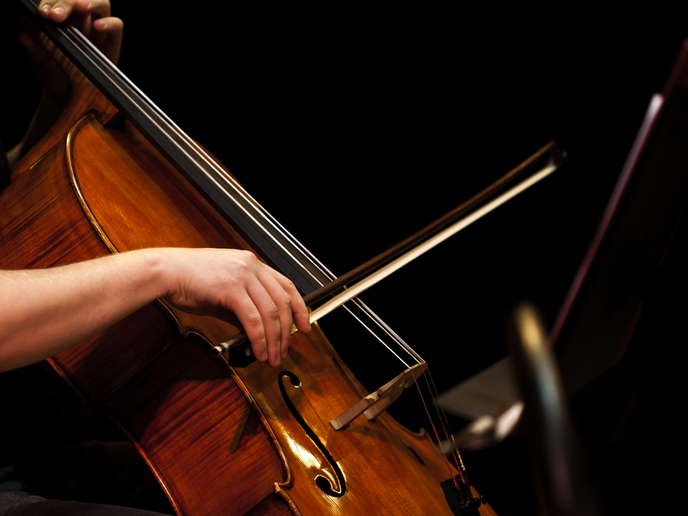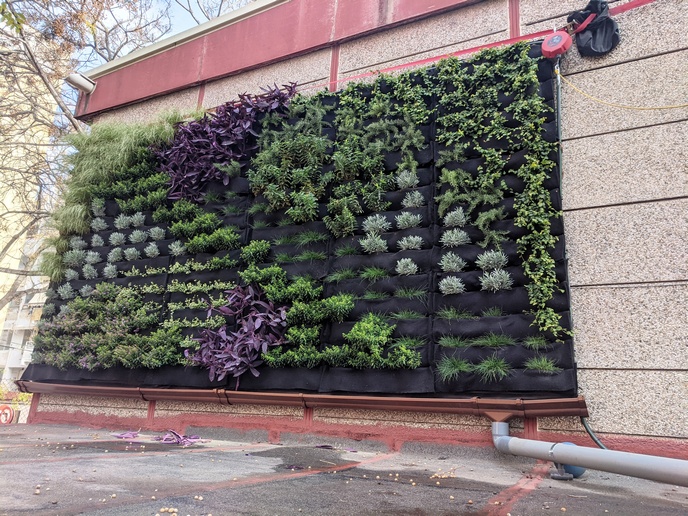New technologies help orchestrate planning of classical music performances
TrueLinked(opens in new window), the Danish start-up behind the TrueTalent project, a partly EU-funded initiative, is leveraging new technologies to help the classical music and opera industry. The ultimate goal is to enable more transparency and efficiency in the planning and programming of live performances. To support this, the SME Instrument phase 1 project sought a greater understanding of how artists and arts organisations view their peers’ opinions when assessing artistic quality. “This is seen as a first step in providing a solution that gathers and disseminates the tacit knowledge of all stakeholders in the classical music industry,” project coordinator Jan Pilgaard Carlsen explains. This will help to more firmly ground assessments and assist decision-makers in their daily work. A conservative market’s interest is piqued TrueTalent partners adopted a service design approach in combination with quantitative surveys and statistical analysis of resulting data sets. Added qualitative methods (interviews and prototyping sessions) made it possible to generate adequate knowledge and arrive at sufficiently firm conclusions. “The study proved that there is a large interest in the community to work with this knowledge,” reports Pilgaard Carlsen, adding that this actually “came as a surprise in a rather conservative market.” Furthermore, it demonstrated that the valuations of artists are comparable to that of vocal technique experts, for example. This was one of the main areas for which the team sought confirmation so as to determine the added value of a future solution. Widening the reach of classical music Many organisations in this space are driven to develop and broaden the reach of opera and classical music in general. This effectively renders them “caretakers of a unique European heritage,” says Pilgaard Carlsen, who is also a TrueLinked co-founder and partner. He elaborates: “Our data shows that almost all artists get drawn into a professionalisation within music because they want to engage the public and thrill their audience with life-changing experiences.” The success of the project lies in showing a path that can develop into a vehicle for these parties to better comprehend the qualities of artists and the public interest. Removing coincidental judgments from the decision-making process will enhance opportunities and careers in classical music. The connection of artists to the end result will be easier to grasp for consultants to the artists (such as agents and managers) and those responsible for cultural budgets. An online video(opens in new window) presents an overview of how TrueLinked works to contribute to these possibilities. The show will go on Project work has engaged around 500 industry stakeholders. The team participated in the recent European Innovation Council Investor Day at Nasdaq Stockholm(opens in new window). The outcomes of the TrueTalent feasibility study have provided the impetus for planning two additional projects. The smaller of the two initiatives will focus on career development specifically for artists. The second, larger project will work on “implementing the solution researched in the study to gather the tacit knowledge and share it with relevant parties in appropriate formats,” Pilgaard Carlsen concludes.







